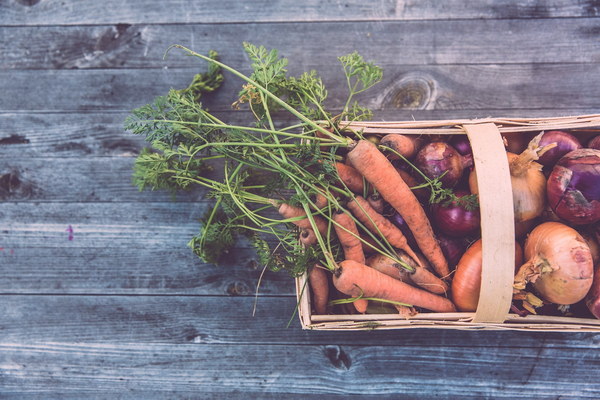Bamboo Leaf A Natural Remedy for Soothing Your Stomach and Nourishing Your Gastrointestinal Health
In the realm of natural remedies, bamboo leaf has emerged as a hidden gem, offering a multitude of health benefits, with one of the most notable being its ability to nourish and soothe the stomach. Known for its rich medicinal properties, bamboo leaf has been used for centuries in traditional Chinese medicine to promote gastrointestinal health. This article delves into the science behind bamboo leaf's stomach-soothing properties and how it can be incorporated into your daily routine to achieve a healthier, happier stomach.
Bamboo leaf, scientifically known as Bambusa textilis, is a versatile plant with a variety of uses, from cooking to crafting. However, it is the plant's leaves that have garnered the most attention for their medicinal benefits. Here's a closer look at how bamboo leaf can help in the maintenance of a healthy stomach.
1. Anti-inflammatory Properties
One of the primary reasons bamboo leaf is effective in soothing the stomach is due to its anti-inflammatory properties. Chronic inflammation in the gastrointestinal tract can lead to conditions such as gastritis, ulcers, and irritable bowel syndrome (IBS). Bamboo leaf contains natural anti-inflammatory compounds that help reduce inflammation and alleviate the symptoms associated with these conditions.
2. Aids in Digestion
Bamboo leaf is also known to aid in digestion. The plant's leaves contain natural enzymes that help break down food, making it easier for the body to absorb nutrients. This can be particularly beneficial for individuals suffering from digestive disorders, as it can help improve their overall digestion and reduce symptoms such as bloating, gas, and constipation.

3. Rich in Nutrients
Bamboo leaf is rich in essential nutrients, including vitamins A, C, and E, as well as minerals such as potassium, calcium, and iron. These nutrients are vital for maintaining a healthy digestive system, as they help to repair and regenerate the gastrointestinal tract's lining, reducing the risk of ulcers and other complications.
4. Antioxidant Properties
Bamboo leaf is packed with antioxidants, which help protect the body from oxidative stress and damage caused by free radicals. These antioxidants can help reduce the risk of developing gastrointestinal diseases, such as colorectal cancer, by neutralizing harmful free radicals that can cause cellular damage.
5. How to Incorporate Bamboo Leaf into Your Diet
Now that we've established the numerous benefits of bamboo leaf for the stomach, let's explore how you can incorporate it into your diet:
- Brew Bamboo Leaf Tea: Boil bamboo leaves in water for about 10-15 minutes, strain, and drink the tea. This is a simple way to enjoy the stomach-soothing benefits of bamboo leaf.
- Add to Soups and Stews: Bamboo leaf can be added to soups and stews for a unique flavor and health benefits.
- Use as a Substitute for Green Tea: If you're looking for a healthier alternative to green tea, consider using bamboo leaf tea instead.
In conclusion, bamboo leaf is a natural and effective remedy for promoting gastrointestinal health. Its anti-inflammatory, digestive, and antioxidant properties make it an excellent choice for those looking to soothe their stomach and improve their overall well-being. By incorporating bamboo leaf into your daily routine, you can enjoy a healthier, happier stomach and take advantage of the numerous benefits this versatile plant has to offer.









